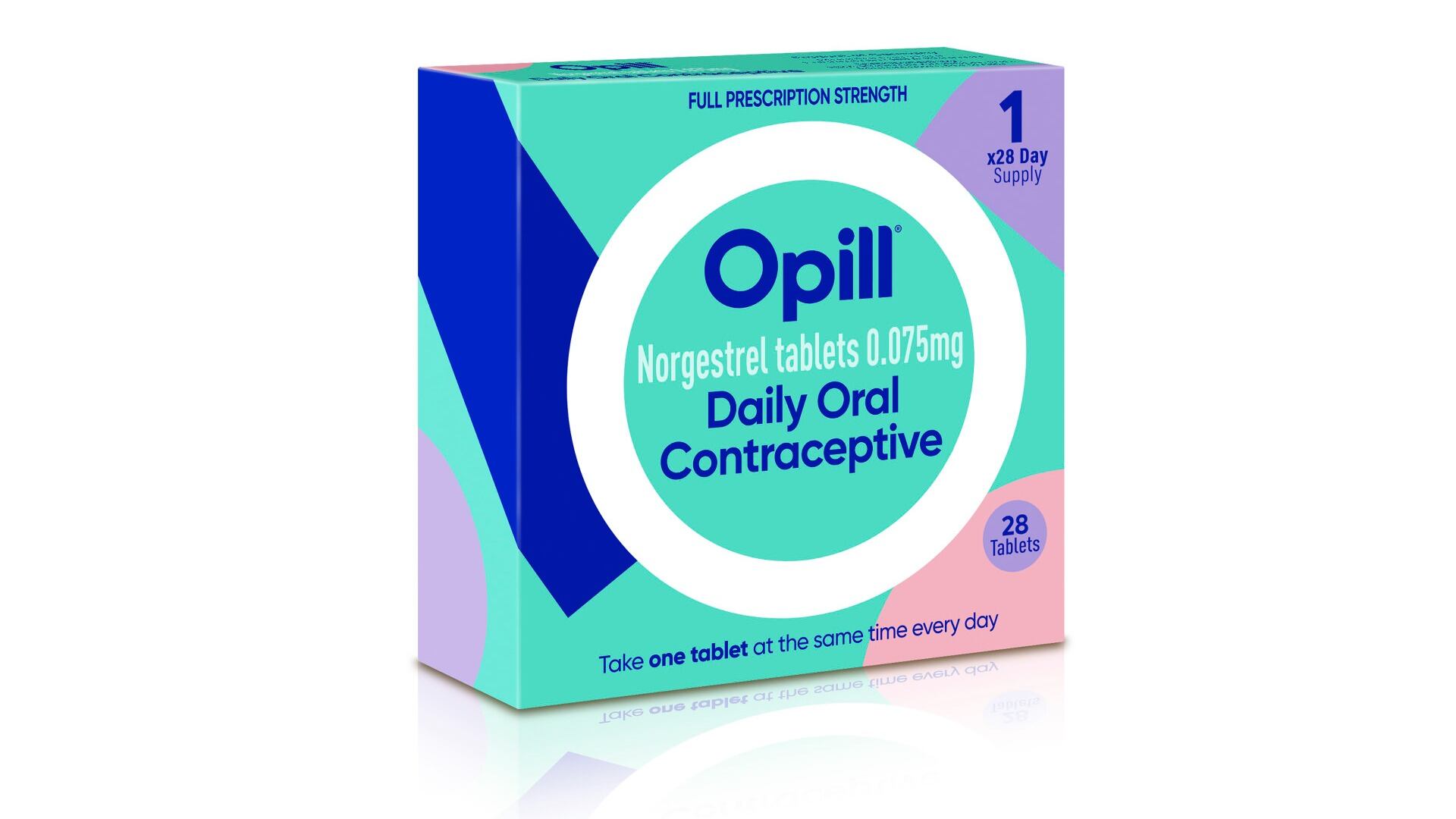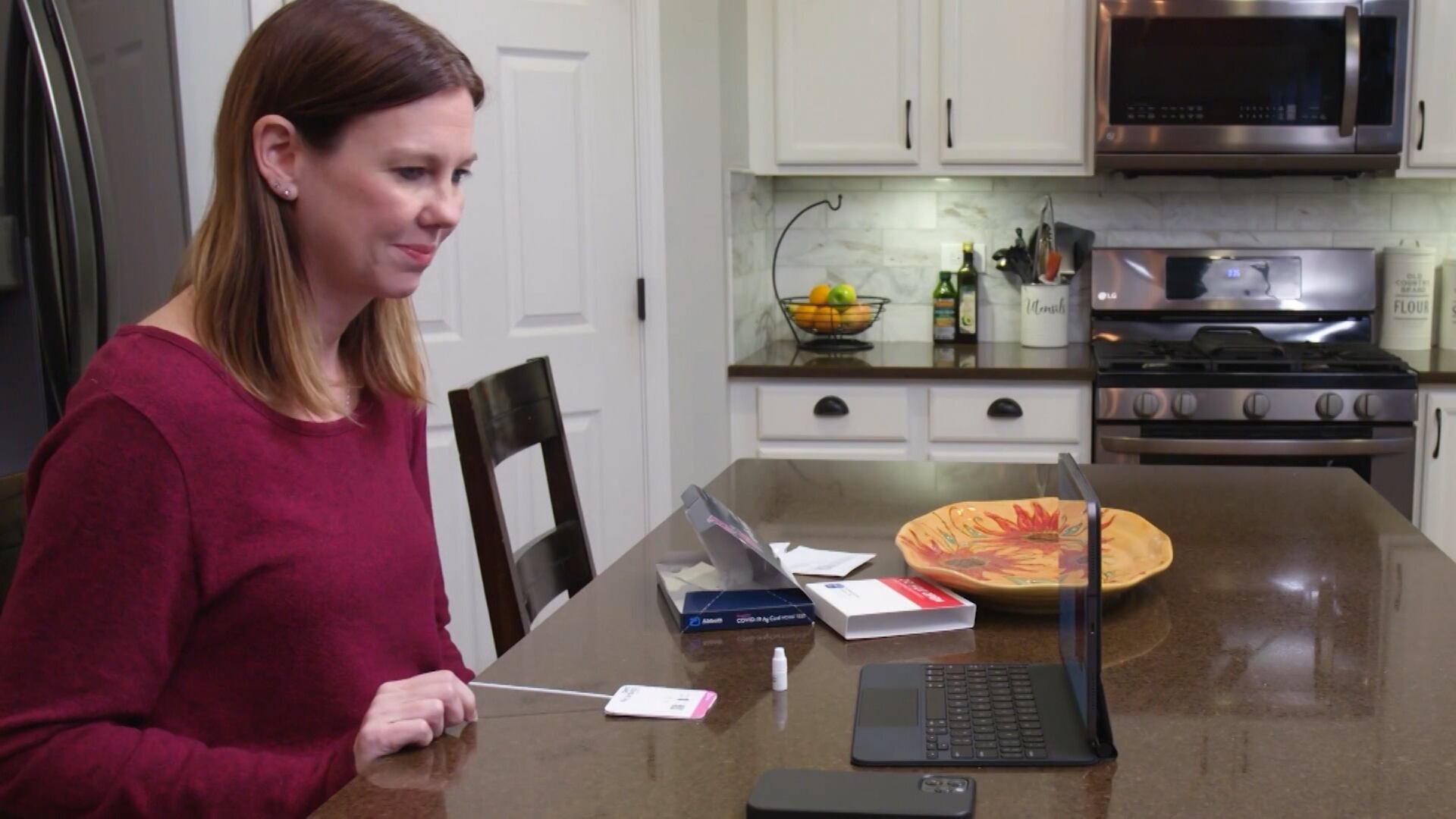By Matthew Perrone
Federal health advisers said Wednesday that a decades-old birth control pill should be sold without a prescription, paving the way for a likely U.S. approval of the first over-the-counter contraceptive medication.
The panel of FDA advisers voted unanimously in favor of drugmaker Perrigo’s request to sell its once-a-day medication on store shelves alongside eye drops and allergy pills. The recommendation came at the close of a two-day meeting focused on whether women could safely and effectively take the pill without professional supervision. A final FDA decision is expected this summer.
If the agency follows the nonbinding recommendation, Perrigo’s drug, Opill, would become the first contraceptive pill to be moved out from behind the pharmacy counter. The company said sales could begin late this year if OK'd.
The outside experts said they were mostly confident that women of all ages could use the drug appropriately without seeing a health provider first.
“In the balance between benefit and risk, we’d have a hard time justifying not taking this action," said Maria Coyle, an Ohio State University pharmacist, who chaired the panel. “The drug is incredibly effective, and I think it will be effective in the over-the-counter realm just as it is in the prescription realm."
The positive vote came despite numerous criticisms from FDA scientists about how Perrigo studied the drug, including questions about whether study participants were able to understand and follow labeling instructions.
“We have an application with many complicated issues and uncertainties, including questionable reliability,” FDA’s Dr. Pamela Horn told panelists on Tuesday.
But the panel largely set those concerns aside, emphasizing the benefits of providing more effective birth control — particularly to young people and lower-income groups — than what’s available over the counter now, like condoms and gels.
Most birth control pills used in the U.S. today contain a combination of progestin and estrogen. Opill is part of an older class of contraceptives that only contain progestin. They generally have fewer side effects and health risks but can be less effective if they’re not taken around the same time daily.
FDA’s decision won’t apply to other birth control pills although advocates hope that an approval decision might push other drugmakers to seek over-the-counter sales. Birth control pills are available without a prescription across much of South America, Asia and Africa.
Opill was first approved in the U.S. five decades ago based on data showing it was more than 90% effective in preventing pregnancy when taken daily. Even if the pill is approved for over the counter, it’s unclear how popular it might be. Opill has not been marketed in the U.S. since 2005.
Some women should not take it, particularly those with breast cancer, because of the risk that it could accelerate tumor growth. Women who have unusual vaginal bleeding are instructed to speak with a doctor before using it, because bleeding could indicate a serious health issue.
But in reading comprehension studies conducted by Perrigo, 68% of women with unexplained bleeding incorrectly answered they could take the drug. And a few women with breast cancer also told researchers they could use Opill.
Panel members said almost all women with a history of breast cancer would be under the care of a cancer specialist, who would advise them not to take hormonal drugs that could make their condition worse.
“I would think any woman who had a breast cancer diagnosis in the past would be highly aware of that, so I don’t think that’s going to be a concern,” said Dr. Deborah Armstrong of Johns Hopkins University.
Perrigo said its 880-patient study of the drug showed that women will consistently take the pill daily if it’s made available over-the-counter. But the FDA found several problems in the study, including more than 30% of participants who erroneously reported taking more pills than they were actually supplied. FDA reviewers said the problem called into question the company’s overall conclusions about the drug’s use and effectiveness.
FDA regulators also suggested changes in U.S. demographics since the pill was first tested — including increased obesity and other chronic conditions— could reduce the drug’s effectiveness.
Despite those concerns, Opill has the support of dozens of reproductive rights and medical groups that have long pushed for expanded access to birth control.
“Opill over the counter would give us one more option for access and the more options that are available the better,” said Clare Coleman, president of the National Family Planning and Reproductive Health Association
Coleman was one of more than 25 speakers who supported Perrigo’s application during a public comment session Tuesday.
Catholic groups, including the United States Conference of Catholic Bishops, oppose the move, saying women should be evaluated by a doctor before getting it.
Perrigo has not publicly discussed pricing for the drug, if approved. Nonprescription medicines are usually cheaper, but generally not covered by insurance. Requiring insurers to cover over-the-counter birth control would require a regulatory change by the federal government.
___
The Associated Press Health and Science Department receives support from the Howard Hughes Medical Institute’s Science and Educational Media Group. The AP is solely responsible for all content.













